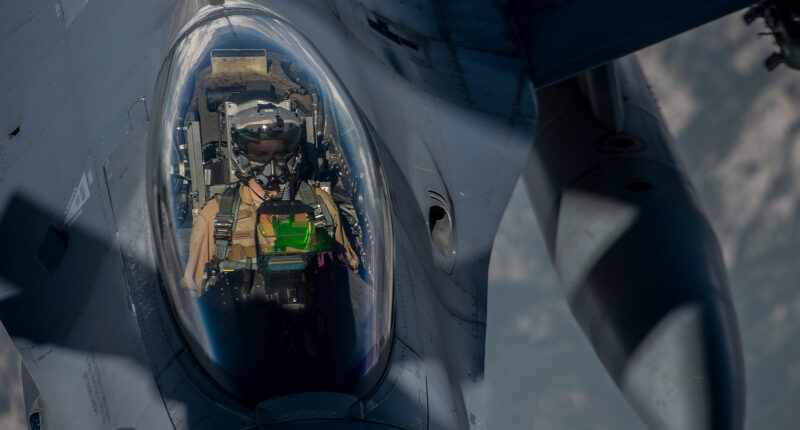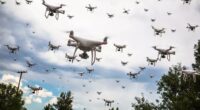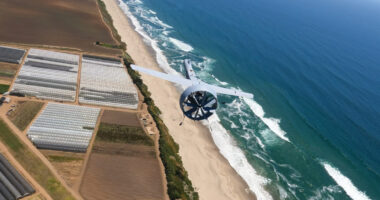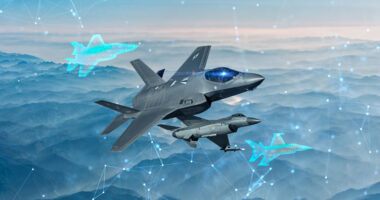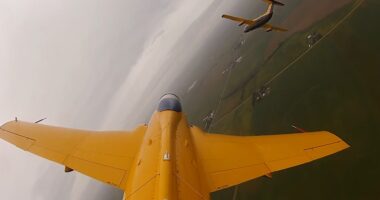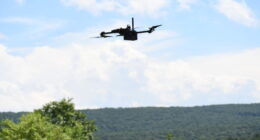BAE Systems has secured a $4-million contract to support DARPA’s artificial intelligence development program for autonomous airborne combat.
Under the agreement, the company will leverage machine learning technology to produce simulation models of existing electronic warfare solutions, sensors, and weapons in “dynamic” and operational environments.
The approach will cover related physics of aerial maneuvers and systems to finalize processes for rapid design, testing, and delivery of future software products for the program.
BAE’s autonomy segment FAST Labs will lead works for the contract in Arlington, Virginia, and Burlington, Massachusetts.
“Generating reliable, consistent air combat performance requires a vast amount of data and rapid, robust testing cycles,” FAST Labs Principal Investigator Michael Planer explained.
“Using machine learning, we will train the models used to make dynamic decisions – ensuring that the Artificial Intelligence pilot is tested and trusted by human pilots.”
Artificial Intelligence Reinforcements Program
The latest deal will be facilitated as part of DARPA’s Artificial Intelligence Reinforcements (AIR) Phase 1 initiative.
The effort will address and enhance the US military’s autonomy requirements to match the “fast-paced and uncertain environment” inherent to modern aerial combat.
Resulting AIR solutions will be demonstrated on F-16 Fighting Falcon testbeds and applied for beyond-visual range tactical missions on unmanned aerial systems.

Partnership With Lockheed Martin
In July 2024, DARPA awarded Lockheed Martin $4.6 million to develop AIR tools for 18 months.
Similar to BAE, the firm will apply machine learning techniques to create proxy models of aircraft sensors and electronic warfare capabilities for testing in virtual environments.
Lockheed will also provide its proprietary ARISE family of integrated toolkits to engineer “digital twins” of planned program components.
